Woodward Report at 50: Free Speech At Yale
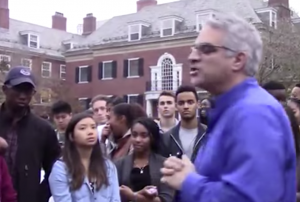 Like many alums, I was mortified by the 2015 screamfest involving Nicholas Christakis, a respected professor at Yale, as memorialized on YouTube. Professor Christakis was forced to defend the public expression of an opinion by his spouse, herself a respected Yale professor, to the effect that the Yale administration had perhaps been too paternalistic in circulating a pre-Halloween memo warning against culturally-insensitive costumes.(1)
Like many alums, I was mortified by the 2015 screamfest involving Nicholas Christakis, a respected professor at Yale, as memorialized on YouTube. Professor Christakis was forced to defend the public expression of an opinion by his spouse, herself a respected Yale professor, to the effect that the Yale administration had perhaps been too paternalistic in circulating a pre-Halloween memo warning against culturally-insensitive costumes.(1)
This and similar recent events on campus have offended both conservatives (many of whom believe conservative views are largely not welcome at Yale) and liberals (who support freedom of speech broadly).
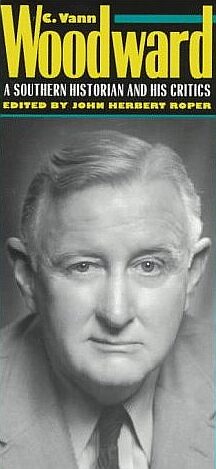 As most members of our class know, the Woodward Report was issued by a Committee on Free Expression at Yale in 1974, in significant part reflecting aspects of the anti-war and racial turbulence prevalent during our later years at Yale, culminating in the 1970 campus “occupation.” It was chaired by history professor C. Vann Woodward and included four other Yale faculty members, two members of the Yale administration, three graduate students, two undergraduates, and one Yale alum.
As most members of our class know, the Woodward Report was issued by a Committee on Free Expression at Yale in 1974, in significant part reflecting aspects of the anti-war and racial turbulence prevalent during our later years at Yale, culminating in the 1970 campus “occupation.” It was chaired by history professor C. Vann Woodward and included four other Yale faculty members, two members of the Yale administration, three graduate students, two undergraduates, and one Yale alum.
In view of the recent campus events, I recently read [for the first time!] the Woodward Report and was struck by how quaint and truly radical it might seem to most students now on the Yale campus (indeed, on most college campuses). I was not aware until reading it that there was a dissenter to the majority report (who had a Harvard as well as a Yale nexus!). Despite the Harvard connection, his dissent is quite thoughtful and would resonate with many today who are sensitive to current issues of campus microaggressive behavior and cultural diversity.
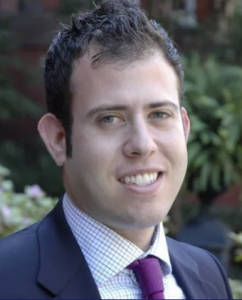
- Jamie Kirchick ’06
As reported in the July/August Yale Alumni Magazine and in a Wall Street Journal piece, one Yale alumnus, Jamie Kirchick, inspired by the majority opinion in the Woodward report, is currently petitioning Yale to become a candidate in the next election for the Yale Board of Trustees. (Candidates are normally selected by an Association of Yale Alumni committee; however, the bylaws allow a petition candidate if the alumni signatures the candidate collects are equal to at least 3 percent of the total ballots distributed in the previous election, a 4,266 minimum for Jamie’s candidacy.)
Among other Yale notables, Donald Kagan (former Yale College dean and Sterling Professor Emeritus of Classics and History) has formally endorsed Jamie.
Jamie, a member of the class of ’06, was a columnist for the Yale Daily News, a member of the Dramat, Fifth Humour, and the Shabtai society. He also was vice-president of the Independent Party of the Political Union. Jamie is now a widely-publicized journalist, author of The End of Europe: Dictators, Demagogues and the Coming Dark Age (Yale University Press, 2017), and a correspondent for the Daily Beast.
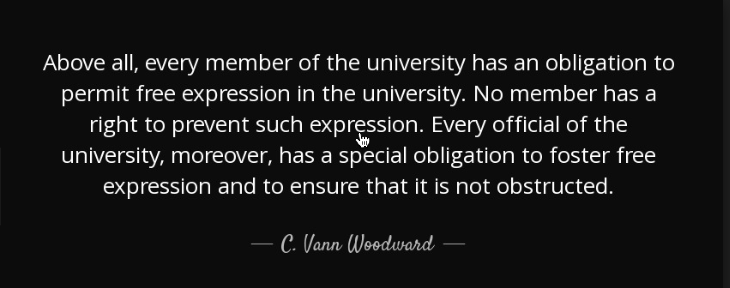
Jamie’s website describes his position on other issues in addition to free speech. Also, an alum seeking to support Jamie’s candidacy need not send a physical ballot, but can provide a website “signature” by following the procedures set forth here. He must obtain the 4,266 minimum before this October 1 to get on the ballot.
—————–
(1) A more comprehensive report and comment on the entire episode can be found in this article in the Atlantic; in an interview that Christakis had with Sam Harris about six months later; and in Erika Christakis’ reflections on the event a year later in an op-ed in the Washington Post.

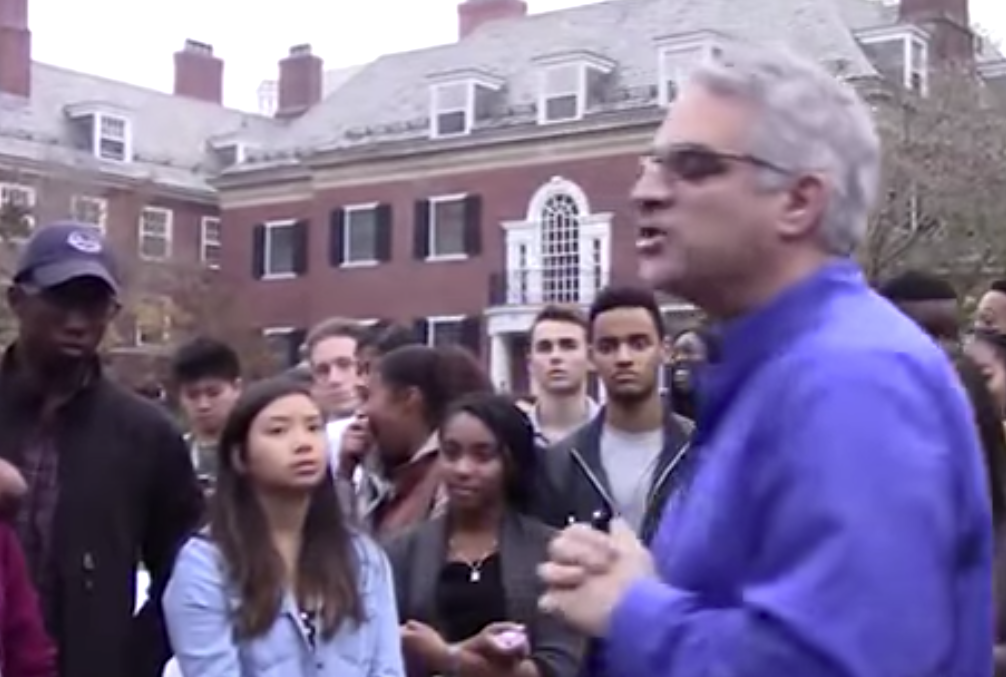
Yale just published a rule against campaigning for the trustee position. My view is that such a rule would only apply (if at all), after a person has been nominated.
Jim Sleeper has authored an article here which may be intended as a response to my article on Jamie Kirchick. His article has some insights about Jamie of which i was unaware. Enclosed below is a link to a Yale Daily News article supplementing Jim’s input on Jamie’s activities while a student at Yale. The article also reflects the intense personal history that exists between Jamie and Jim.
http://features.yaledailynews.com/blog/2018/09/16/figure-of-speech-jamie-kirchicks-run-for-the-yale-corporation/